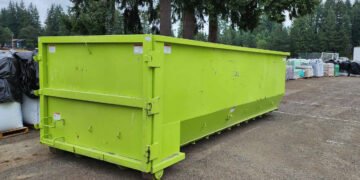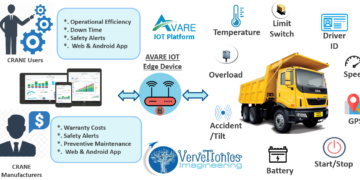Owning a rental property comes with many perks. For one thing, it’ll provide you with a passive income source.
That’s not all, there are many tax benefits that you can take advantage of as well. For example, you can deduct property taxes that you’ve incurred for your property.
Keep in mind, however, that the process can also be stressful. After all, it requires a lot of responsibility and money.
Are you thinking of renting out your home? Looking for some tips? If so, we’ve got you covered. Keep reading for everything that you need to know about becoming a landlord!
- Have a Thorough Screening Process
Depending on the vacancy rate in your area, you may be faced with many applications. That’s why it’s so important to screen your potential tenants. It’ll ensure that the individual is reliable, which will save you many headaches down the road.
Not only will you want to conduct a credit check, but it’s also a good idea to look at their employment history, rental history, and any eviction and court records.
- Familiarize Yourself With the Law
Make sure to familiarize yourself with the law. Know your legal responsibilities. This means maintaining the condition of the property and responding in a timely manner to all tenant requests.
It’s also important that you keep all vital services such as electricity and heat working properly.
- Write a Thorough Lease Agreement
The lease is a binding agreement between the landlord and the tenant. Put it simply, it governs what each party can and can’t do during the term of the lease.
Given that, it’s important that it’s well written. All of the terms should be laid out clearly. In the chance of a legal dispute, it can greatly improve your outcomes.
- Stay On Top of Maintenance
Be ready to fix any issues that may arise in a timely manner. This includes things like plumbing problems, leaky roofs, or malfunctioning electrical systems.
Tip: Consider doing regular inspections on your rental property—that’ll help ensure that everything is working properly.
- Collect Rent On Time
There are many ways that you can collect rent. For example, you can accept payment through checks, direct deposit, or other electrical methods.
Don’t hesitate to charge a late fee if the payment is late (assuming that it’s written out on the lease). Also, don’t accept partial payments if you plan on evicting. Depending on where you live, it can result in costly delays in the eviction process.
Managing Your Own Rental Property
Managing a rental property has its pros and cons. As long as you know what you’re doing, however, it can be a good investment. That’s why it’s so important to do your research beforehand.
For more tips like this, be sure to check out the rest of our blog today!
Read Also : 5 Bathroom Repairs You Didn’t Know You Needed






























































